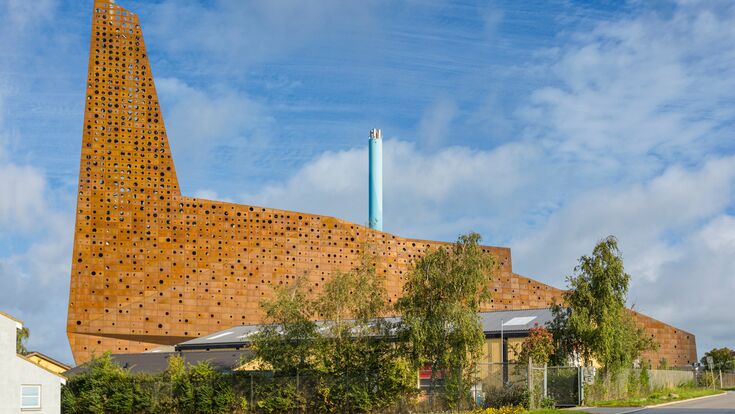Waste-to-Energy : WtE in the EU: Event discusses challenges and chances

Policy makers and experts from across the European Union and beyond gathered at the European Committee of the Regions in Brussels for the conference Waste-to-Energy & the City: generating value for Communities. Organised by ESWET - The European Suppliers of Waste-to-Energy Technology and co-hosted by the Committee of the Regions (CoR), the hybrid event discussed the challenges and opportunities for the waste-to-energy (WtE) sector in the urban landscape and brought together more than 120 participants.
Discussing Waste-to-Energy
Throughout the event, participants took part in dynamic panel discussions, learning about regional WtE practices (Kata Tüttő - Deputy Mayor of Budapest and CoR member, Andries Gryffroy - Member of the Flemish Parliament and CoR member), relevant EU policies (Eero Ailio - European Commission), stakeholder engagement and accountability (Aurélie Beauvais - Euroheat & Power), Dr Thanos Bourtsalas - Columbia University, Ana Šerdoner - Bellona), innovative WtE technologies (Dr Ella Stengler - CEWEP, Vanessa Fakra - HZI & ESWET) and successful initiatives from across the EU (Alexander Kirchner - Wien Energie, Inger Anette Søndergaard, Ramboll Engineering) that promote both circularity and energy security.
Discussants emphasised the importance of cooperation and partnerships between stakeholders and the need to take a long-term perspective when it comes to waste management and WtE, highlighting the importance of balancing environmental sustainability, economic development and social well-being.
Do you like this content? Subscribe to the newsletter now.
WtE in the future
"We are facing complex and interconnected challenges when it comes to waste management and energy security - said Dr Siegfried Scholz, President of ESWET, in his opening remarks - "and so we need to work together to find sustainable and equitable solutions."
For the future, ESWET and its members will work to disseminate the key messages and recommendations from the event to policy makers, stakeholders and the wider public. We believe that the conversations and collaborations initiated at this event will contribute to a more sustainable, circular and resilient Europe, and we are committed to continuing this important work in the months and years to come.
